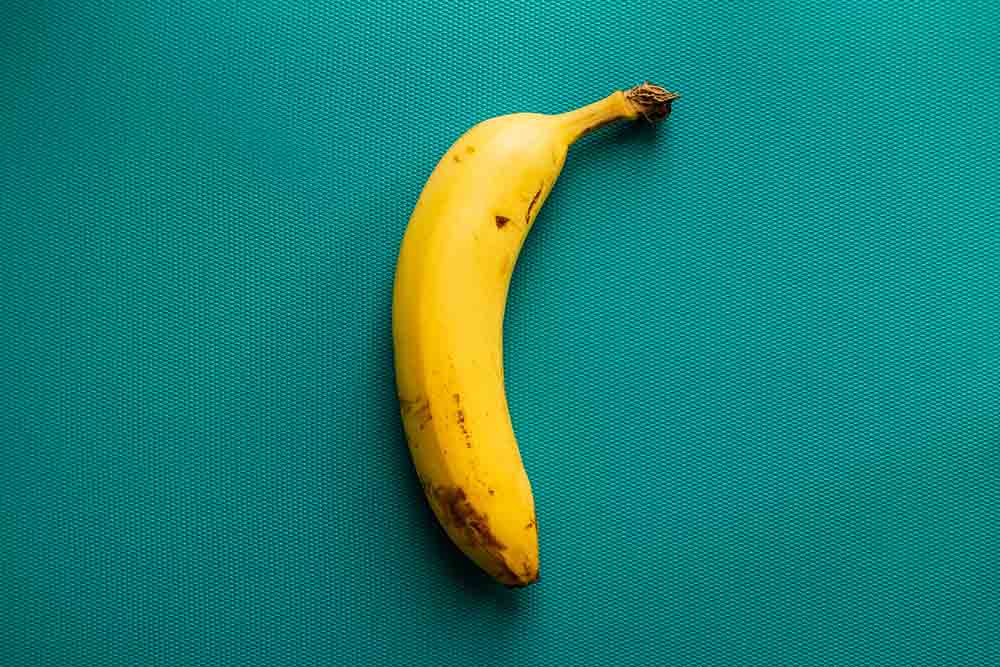The United Kingdom is inching closer to the end of its transition period between leaving the European Union and officially dropping its existing trading relationship with the remaining 27 member states. As of January 1, the UK will make its way in the world on its own, trading off the back of entirely new deals already negotiated or in the process of being negotiated right now.
Talks with the European Union have been going on for several years, with no end in sight. As EU leaders continue to insist on de facto non-compete clauses with the UK, stopping the British from offering better deals than their European counterparts to the rest of the world, Prime Minister Boris Johnson warned British businesses to prepare for the dreaded “No Deal” scenario. Johnson issued a warning to the EU in mid-October that he was willing to walk away and implement an Australian-style trade deal that simply follows the rules of the World Trade Organisation.
For those who have watched European bureaucrats insist on crippling and unreasonable conditions during the years-long trade negotiations, it is perhaps not surprising that discussions have broken down. And, for those who are familiar with the kind of bonkers trade regulations put in place by the European Union’s vast bureaucracy, it will also come as no surprise that the UK does not want to become a vassal state abiding by EU regulations for the sake of negligible trade benefits.
In fact, regulatory barriers to free trade and counter-intuitive rules were a key part of the referendum campaign to leave the European Union, with perhaps the most famous being –the bendy banana scandal. It’s a story dismissed as fake news by pro-Remain activists, but one that is there for everyone to see in black and white.
Commission Regulation (EC) No. 2257/94 of 1994 regulated standards for bananas sold in the European Union. Beyond ensuring that bananas weren’t affected by rotting or bruising, it also laid out a minimum size and length of bananas that can be sold, and required that the fruits have no “abnormal curvature.” The defence used by pro-Remain activists, who sneer at those who call the regulation as nonsense, is that there is no written definition of what is considered “abnormal curvature.” But that only highlights the absurdity of the rule even more.
If there is no guidance, then what is the point of the rule? And if a banana is too curved or not curved enough, should it not be sold? For a world that is more concerned about food waste than ever, does this make sense?
Similarly, a 2011 EU directive said that bottled water companies could not claim on the labels of their products that drinking water helps prevent dehydration. It took a team of scientists from the European Food Safety Authority’s Panel on Dietetic Products, Nutrition, and Allergies to conclude that the claim was flawed, as drinking water doesn’t prevent dehydration if other factors—like staying out in the sun too long—are taken into consideration. Was this a good use of time and taxpayers’ money?
Outrage over the directive, and the fact it was even established in the first place, was once again mocked by EU advocates who claimed that it wasn’t really a rule, as member states were free to interpret it how they wish. Which again begs the question: what was the point?
In the few short years since Canada established the CETA free trade agreement with the EU, similarly nonsensical regulatory barriers have stood in the way of businesses trading internationally. EU exports to Canada rose by 11 percent in 2018 over 2017, but agricultural exports from Canada to the EU fell by 15 percent in that same period.
It wouldn’t have happened if it wasn’t for the EU’s regulatory standards that banned the use of antibiotics, and a rule that said Canadian farmers must have their methods analysed and endorsed by veterinarians in Canada who were certified by the EU.
As Britain makes its own way in the world, its leaders would be wise to remember the regulatory headaches that come with doing deals with the continental trading bloc. Doing a deal with the EU means accepting complex and often unnecessary rules dreamed up by bureaucrats trying to look busy. If Prime Minister Boris Johnson comes to a last-minute deal with the EU before time runs out, it will be a miracle—and possibly not the best idea anyway.
Jack Buckby is a research associate with the Frontier Centre for Public Policy.
Photo by Louis Hansel @shotsoflouis on Unsplash.



